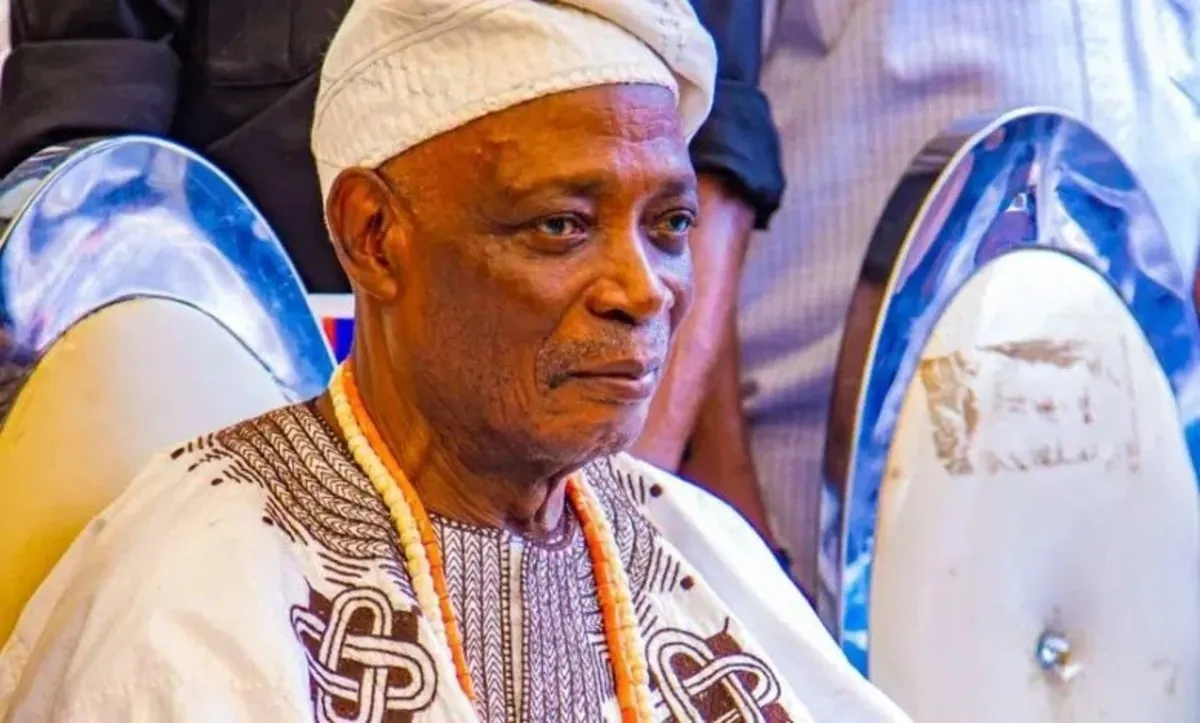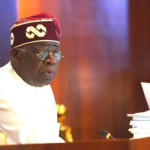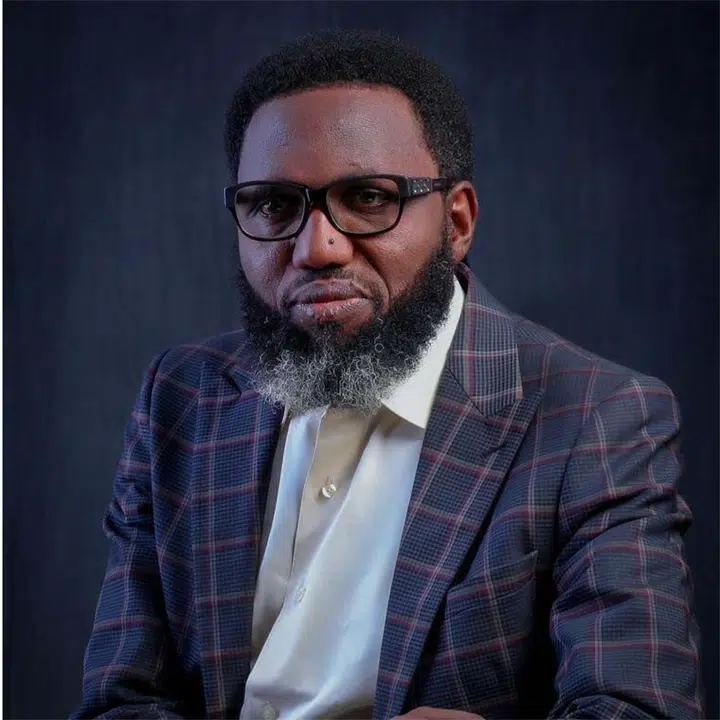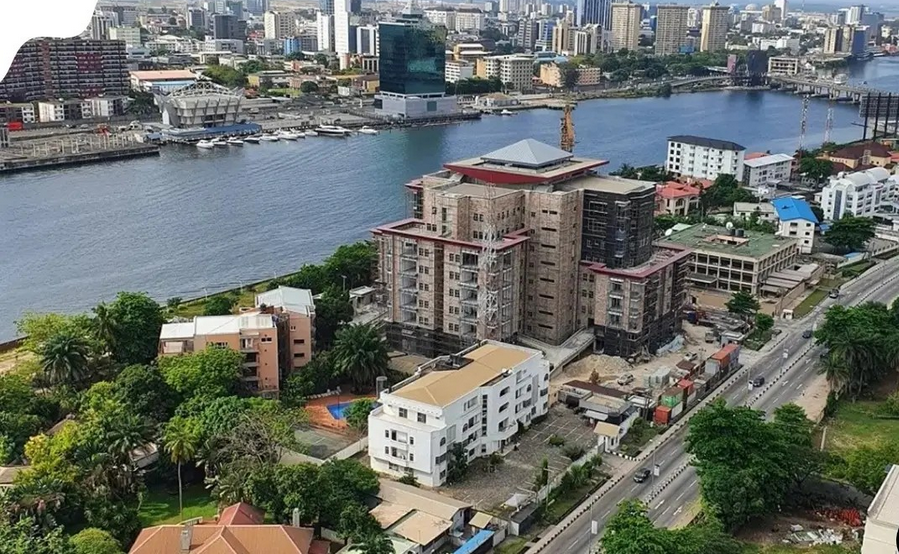The Olubadan of Ibadanland, Oba Rashidi Ladoja has charged the Minister of Marine and Blue Economy, Gboyega Oyetola, to revive Nigeria’s indigenous shipping and help local shipowners grow capacity to lift exports from Dangote Refinery, Industries, BUA Group and other large scale manufacturers.
The renowned monarch said this at the Nigeria Maritime Expo (NIMAREX) 2025, which opened on Monday, in Lagos.
NIMAREX, which has been comatose since 2014 came alive on Monday in Lagos, with the theme, “Repositioning The Nigerian Maritime Industry – Need For Strategic Collaboration For Sustainable Growth and Global Competitiveness,” under the chairmanship of the Olubadan, who was a pioneer indigenous shipowner.
The conference centers on strategic collaboration to reposition the Nigerian maritime industry for sustainable growth and enhance the industry’s position in the global market.
Oba Ladoja emphasised that the shipping industry has endless potential to create jobs for the country’s teeming youth population and transform the economy. He therefore urged the minister to never leave the ministry without making a landmark impact.
The former CEO of the defunct Real Shipping Company expressed fears that Nigerian maritime operators are “feeding on crumbs,” as they are not able to play big on the real business of shipping.
“There are moments in the life of a nation when we must pause, reflect, and ask ourselves difficult but necessary questions about the direction in which we are headed. For many years, we have spoken about the maritime sector—its service components, its auxiliary industries, its potential for growth. Yet, we often overlook the very heart of maritime power: the ownership of ships. it is ownership, not dependency, that defines a maritime nation.
“Unfortunately, many Nigerians do not fully grasp the pivotal role shipping plays in economic and national security. Today, we talk endlessly about the service sector—conferences, exhibitions, offshore events—all important, but they are merely fragments of the broader maritime ecosystem. The true foundation lies in ship ownership,” Olubadan stated.
The former Oyo State Governor recalled that there was a time when Nigeria proudly owned 30 vessels. These ships carried Nigerian flag, Nigerian people, and the country’s national aspirations across the oceans. He said each vessel had a minimum crew of 30 professionals—officers, engineers, deckhands, and specialists—working in shifts of six months on and six months off. This meant nearly 1,800 Nigerian families earned their livelihood from those 30 ships alone.
He said: “Imagine where we would be today if that 30 ships had grown to 1,200 ships. Imagine the jobs, the training, the foreign exchange, the global respect. Instead, we have watched our maritime capacity diminish, not because our people lack skill, but because the system fails to encourage and protect those who are willing to take the bold step of investing in ships.
“I have spoken to shipowners, captains, marine engineers, and young cadets. I can tell you confidently that Nigerian maritime professionals are among the best in the world. They excel wherever they sail. They command ships with skill and integrity. What they require is an enabling environment that supports their growth.
“Shipowners are not asking for handouts. They are asking for contracts, for policies that recognize shipping as a strategic national asset. Yet, in some offices of government, even these reasonable requests are dismissed—not out of malice, but out of a lack of understanding of how the maritime industry works.
“It is troubling that in a nation so dependent on import and export, we still do not have a clear and empowered authority solely focused on maritime development. Great nations became great because they controlled their cargo. Under international cargo-sharing principles, exporting and importing countries traditionally reserved 40%–50% of carriage for their national fleets. But today, Nigeria carries almost none of its own cargo. This is unacceptable.”
The Olubadan charged the blue economy minister to urgently revive ship ownership in Nigeria not as a symbolic gesture, but as a deliberate national policy.
He continued: “Our people must be empowered to invest in ships, not only in buildings. A house may stand still, but a ship travels the world, earning income every single day it sails. A ship employs dozens of professionals, feeds multiple industries, and strengthens national security.
“Let us imagine a Nigeria with 300 active vessels—each providing jobs, training, and pride. That vision is not a fantasy. It is a choice.
“As the Olubadan of Ibadan, I call on policymakers, investors, maritime authorities, and all Nigerians to rise to this challenge. Let us reclaim our place on the seas. Let us build a maritime sector rooted not in dependence but in ownership. Let us create opportunities that endure for generations.”






















